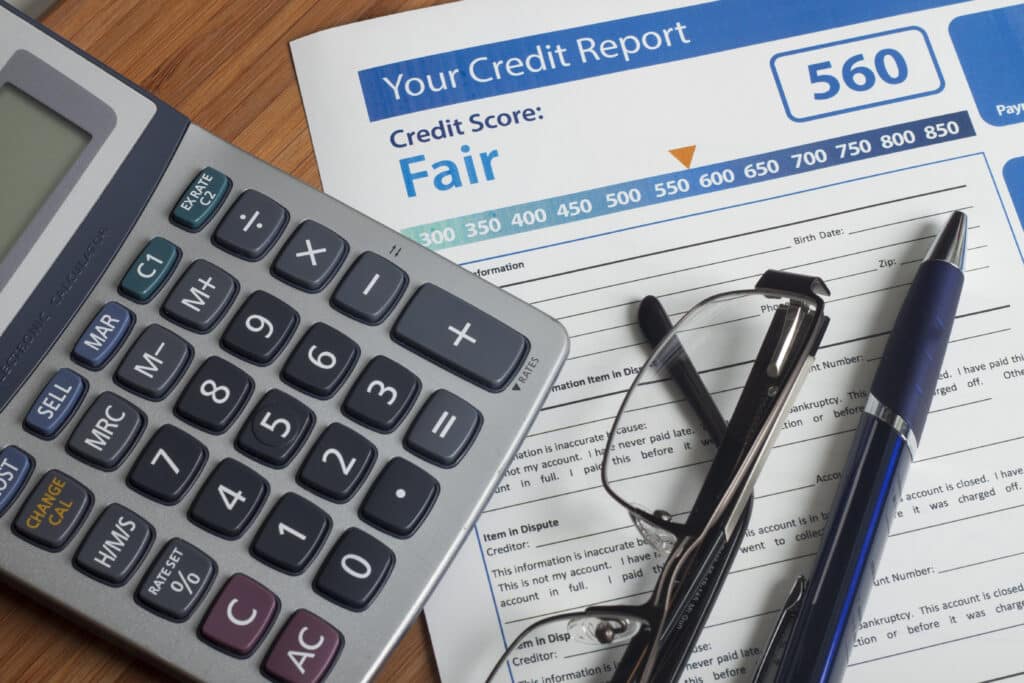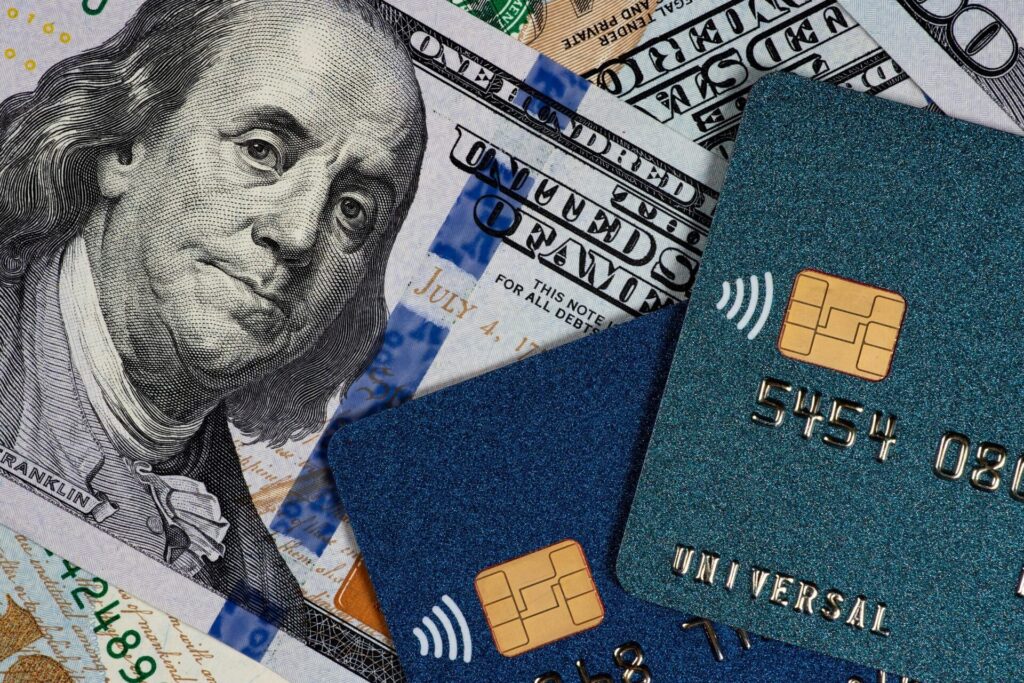We all know the importance of having a good credit score. It affects everything from getting a loan to renting an apartment. But have you ever wondered how often your credit score updates? And what causes it to change? In this guide, we’ll explore everything you need to know about credit score updates.
How Often Does Your Credit Score Update?
Your credit score is not a static number. It changes over time, based on your credit activity. But how often does it update? The answer is that it varies. Most credit scores update at least once a month, but some can update as often as daily.
When Does Your Credit Score Update?
The timing of your credit score updates depends on a few factors. For most people, credit scores update once a month, around the same time that your credit card statements are generated. However, if you’ve recently applied for credit or made a significant payment, your credit score might update more frequently.
What Causes Your Credit Score to Update and Change?
Your credit score is determined by several factors, including your payment history, credit utilization, length of credit history, new credit accounts, and credit mix. Any changes to these factors can cause your credit score to update and change.
For example, if you miss a payment or max out your credit card, your credit score could drop. On the other hand, if you pay off a debt or open a new credit account, your score could improve.
How Can You Improve Your Credit Score?
Improving your credit score is essential if you want to qualify for better loan terms and interest rates. Here are a few tips:
- Pay your bills on time: Payment history is the most significant factor in determining your credit score. Set up automatic payments or reminders to ensure you never miss a due date.
- Keep your credit utilization low: Your credit utilization ratio is the amount of credit you’ve used compared to your credit limit. Keeping this ratio below 30% can improve your credit score.
- Don’t close old accounts: The length of your credit history is an essential factor in your credit score. Keeping old accounts open can help improve your score.
- Limit new credit applications: Applying for too much credit can lower your score. Only apply for credit when you need it.
Using Brigit’s Credit Builder to Build Credit
If you’re struggling to improve your credit, consider using Brigit’s Credit Builder*. You’ll take out a small loan that you can pay back over time, as little as $1/month, helping you build credit.
The best part? Brigit’s Credit Builder loans are interest-free, meaning you won’t have to pay any interest on the loan amount. Want to learn more? Check out this 30-second video or visit https://www.hellobrigit.com/credit-builder
*Impact to score may vary. Some users’ scores may not improve. Results will depend on many factors, including on-time payment history, the status of non-Brigit accounts, and financial history. Results show that customers with a starting credit score of 600 or below were more likely to see positive score change results. A Brigit subscription is required.
Banking services provided by Coastal Community Bank, Member FDIC.










